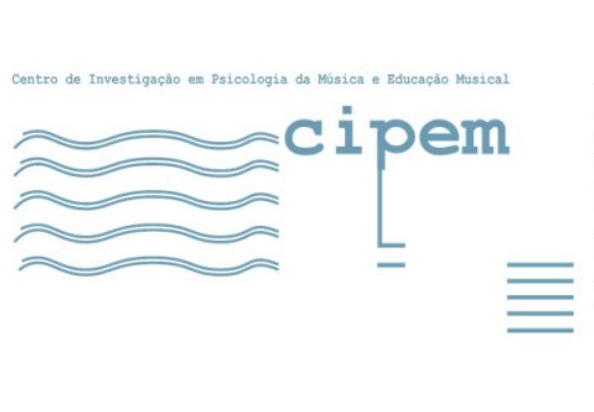Editorial
DOI:
https://doi.org/10.26537/rmpe.v0i1.2390Abstract
O Centro de Investigação em Psicologia da Música e Educação Musical (CIPEM) foi criado pela Área de Música do Departamento de Artes e Motricidade Humana da Escola Superior de Educação do Instituto Politécnico do Porto. A sua formalização aconteceu no âmbito da l Escola de Outono que se realizou entre os dias 30 de Setembro e 3 de Outubro de 1998. Nela participaram, para além de professores/investigadores nacionais, destacados elementos da comunidade científica internacional em áreas de pesquisa relevantes da Psicologia da Música e da Educação Musical. Uma panorâmica rica dos estudos levados a cabo actualmente nestas áreas foi apresentada e discutida durante esses dias, perante um considerável número de músicos interessados neste campo de reflexão.
Como resultado dos trabalhos foram produzidos textos teóricos e de relato de pesquisas cuja importância transcende o próprio evento que foi a I Escola de Outono. No sentido de dar resposta às múltiplas solicitações científicas e pedagógicas que lhe são dirigidas, o CIPEM lança agora, no momento da realização da sua II Escola de Outono, uma Revista com o nome de Música, Psicologia e Educação cujo primeiro número é dedicado à publicação dos contributos acima referidos.
Downloads
Published
How to Cite
Issue
Section
License
Copyright (c) 2023 Graça Mota

This work is licensed under a Creative Commons Attribution-NonCommercial-NoDerivatives 4.0 International License.




